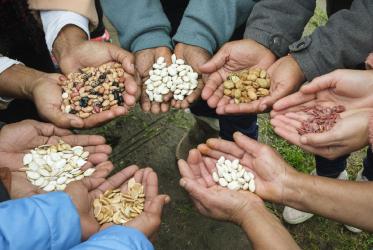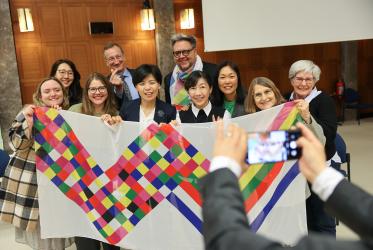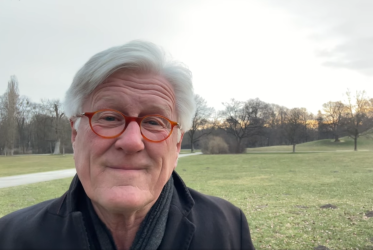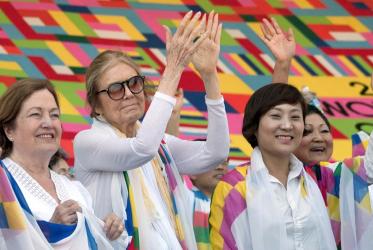You have kept count of my tossings; put my tears in your bottle, Are they not in your record? Psalm 56:8 (NRSV)
When Finn Church Aid was invited to engage again in teacher education in Eritrea in 2014, we emphasized that our work is firmly rooted in two facts: we are based in faith and in human rights. As the Psalmist says, we hear and respond to those who are vulnerable and abused.
An important part of our work then is to reach those who are most vulnerable, and making sure women are part of all our programming, what is often called “gender mainstreaming”. Through our special needs and inclusive education, we try to contribute to a just society where all the citizens regardless of their background can find decent job and livelihood through education.
One attempt to do this is the excellent collaboration with Asmara School for the Deaf. The school is run by the Lutheran Church and its teachers have not had many further training possibilities. FCA has been supporting the school in technical and vocational training, teacher capacity building and by equipping school with adequate learning resources.
Eritrea is making progress in achieving gender equality; however, there is still some way to go. The gender-based violence that girls and women are most at risk from are traditional practices, mainly Female Genital Mutilation/Cutting and early marriage.
In 2005 the National Union of Eritrean Women spearheaded a campaign to eradicate FGM/C, and the practice was outlawed by the Eritrean government in 2007. The government developed a national strategic framework and a plan of action, to create awareness and reduce the numbers of girls subjected to the practice.
However, in 2014 68.8% of girls were subject to FGM/FGC. Enrolment of girls lags behind boys at all ages of the education system, and there are considerably higher numbers of male teachers than female ones, meaning that girls lack role models from an early age.
Through our trainings and dialogues, we seek to raise awareness of issues of equality and gender-based violence. Such work on the ground is critical to all our efforts to overcome violence in society. As we focus on “16 Days of activism against gender-based violence” we seek to listen anew to those who have been affected, and commit ourselves to our faith and rights-based work towards gender equality.







